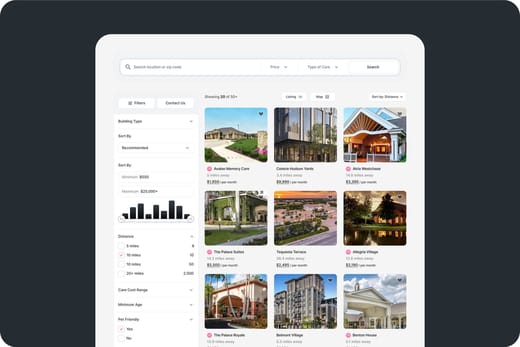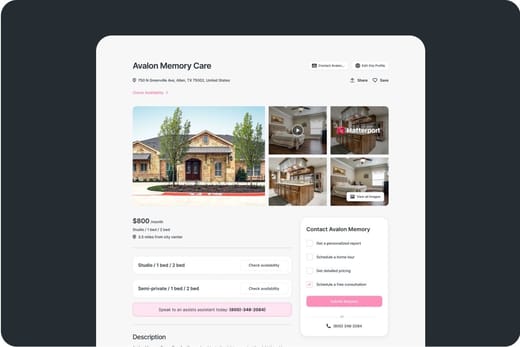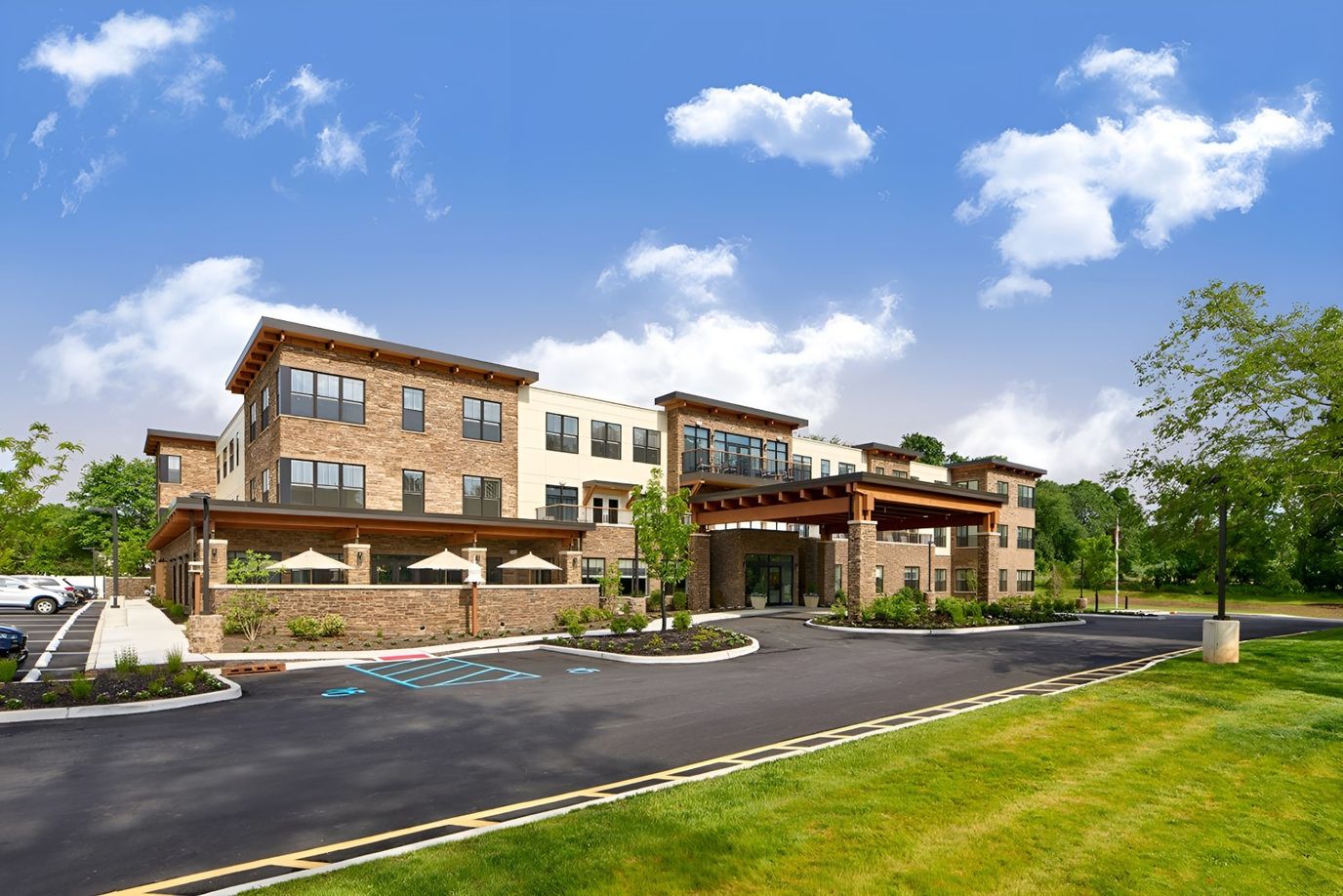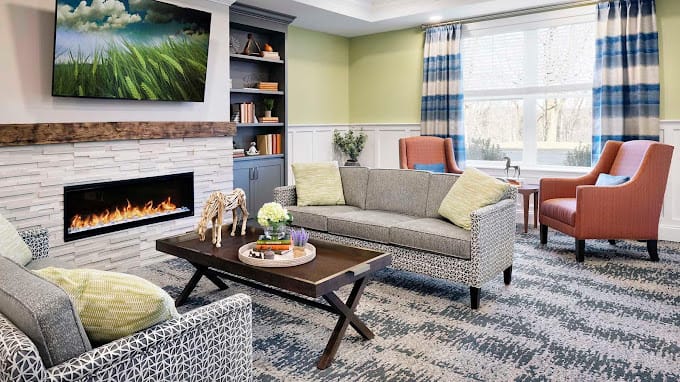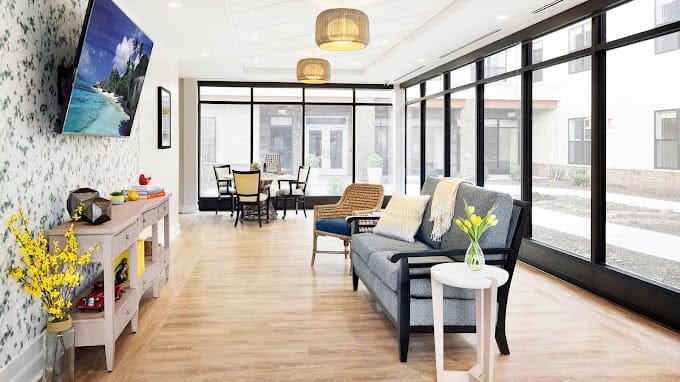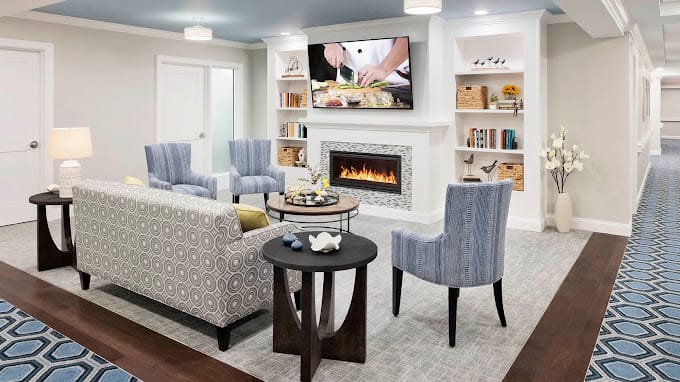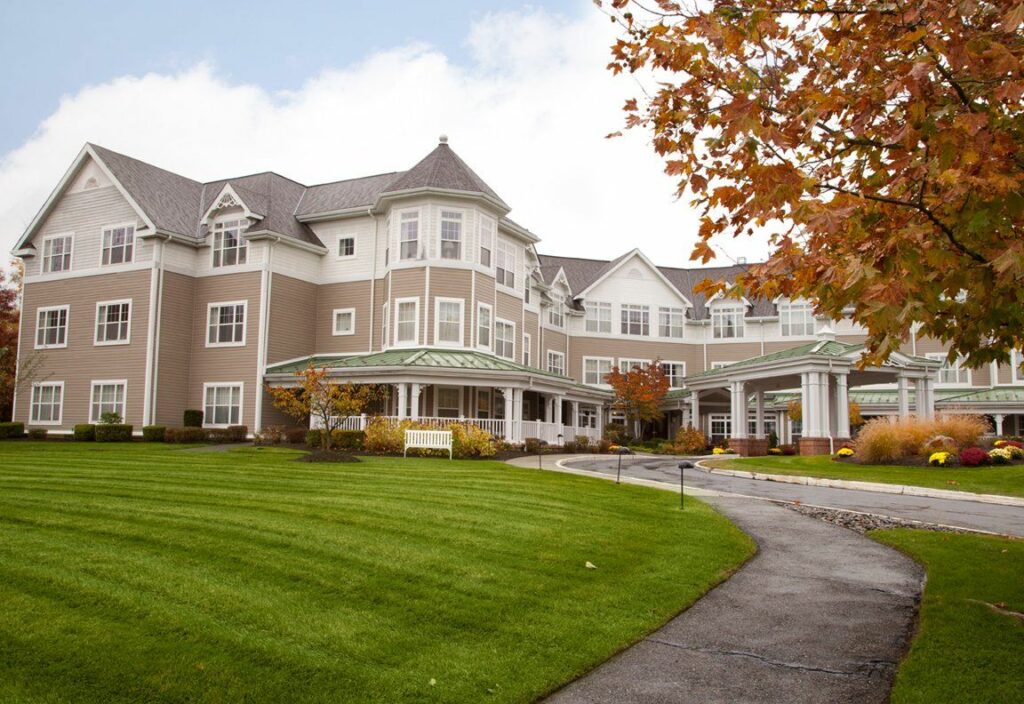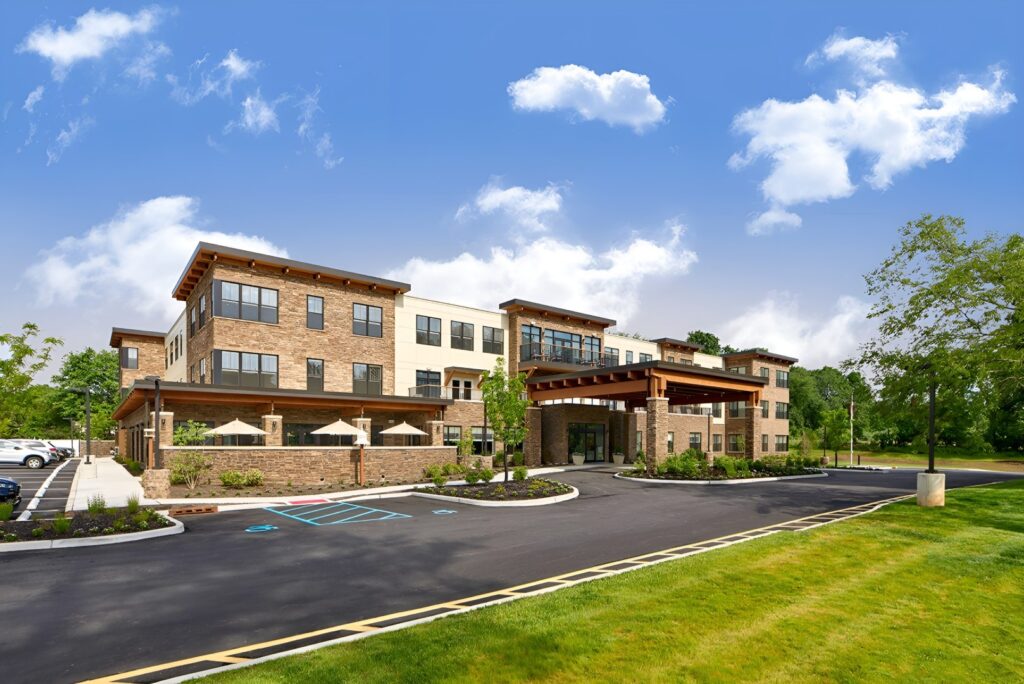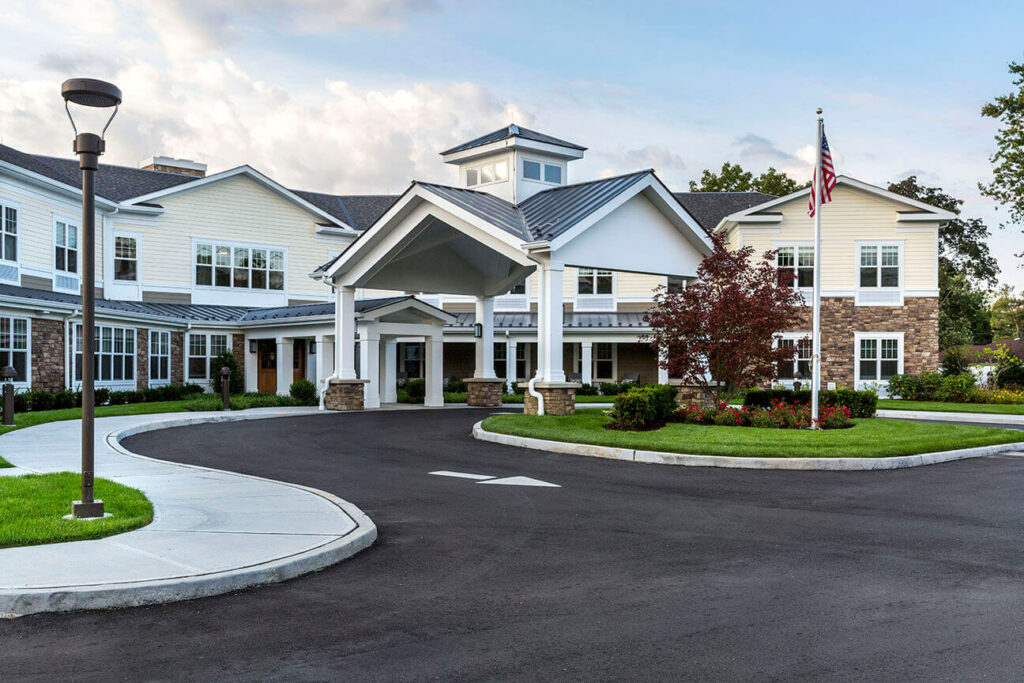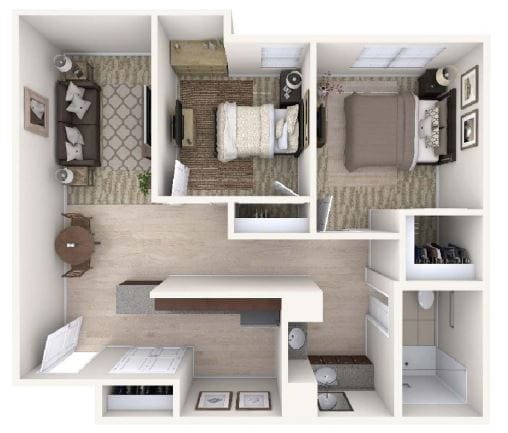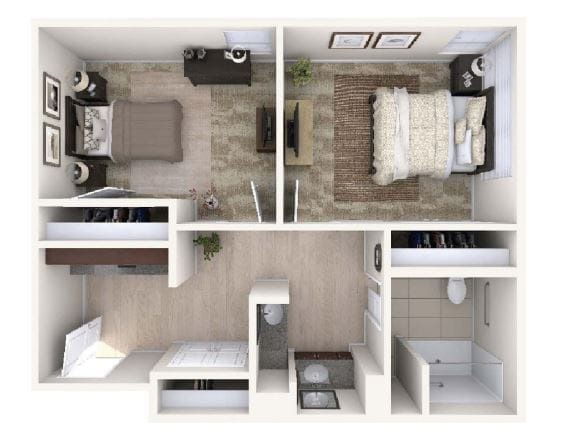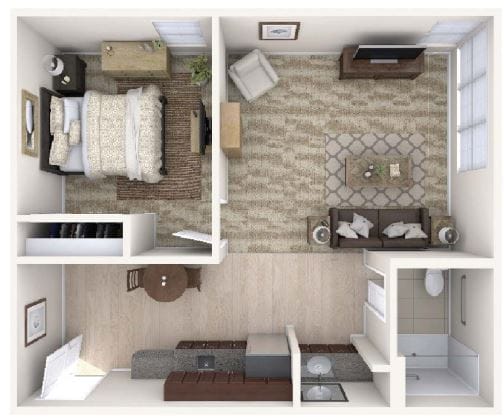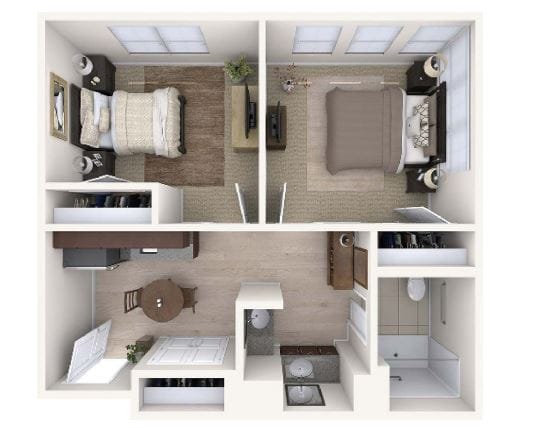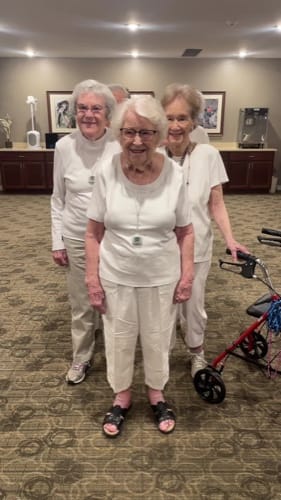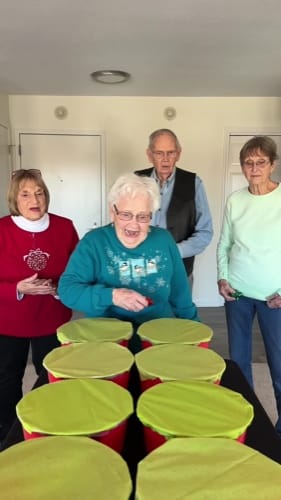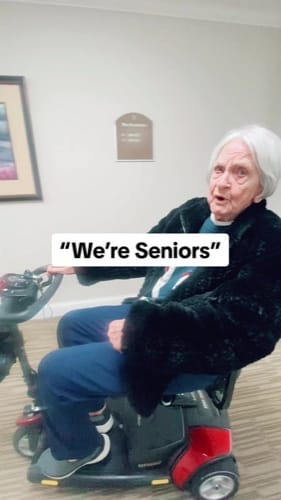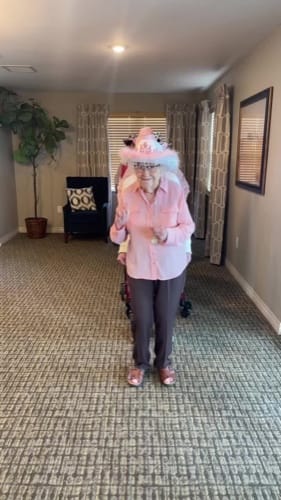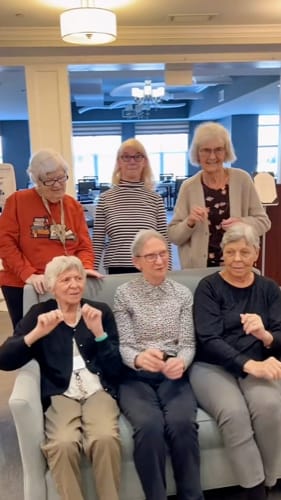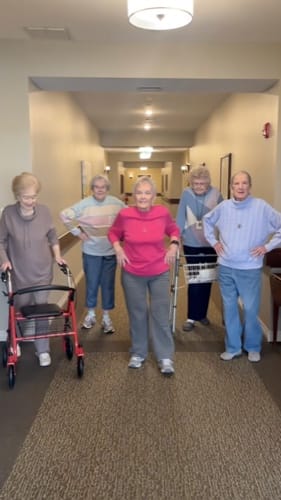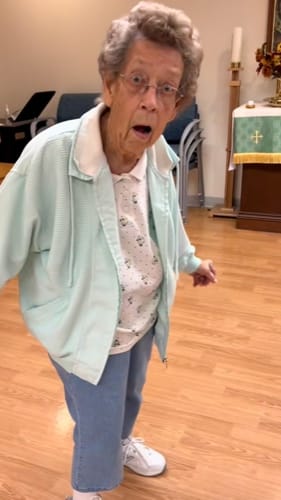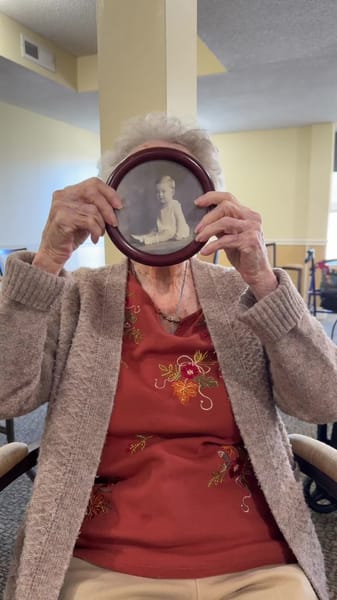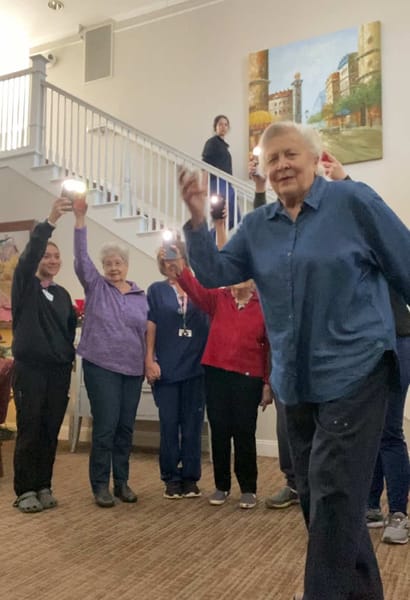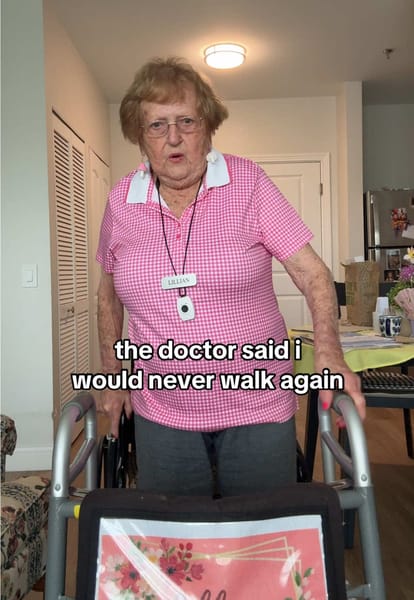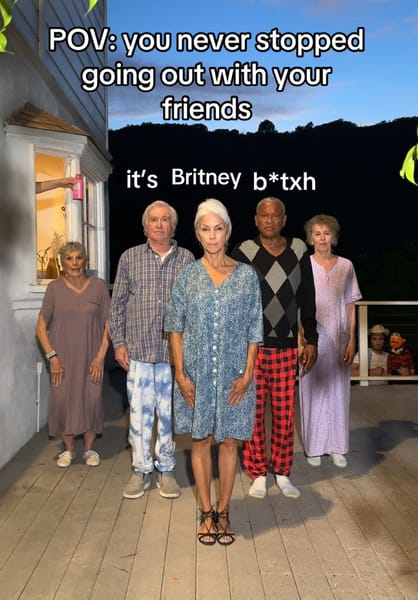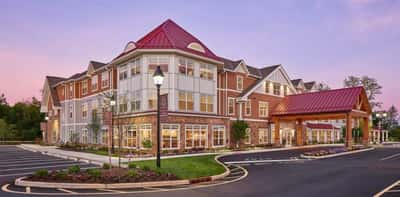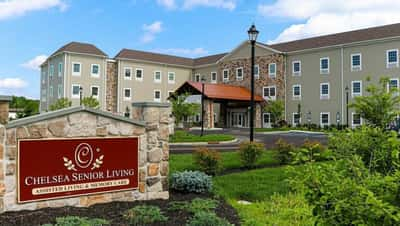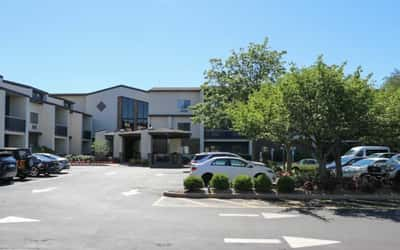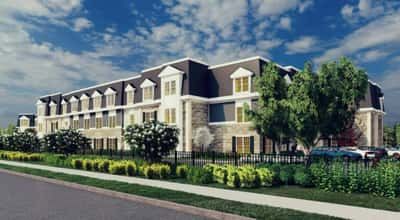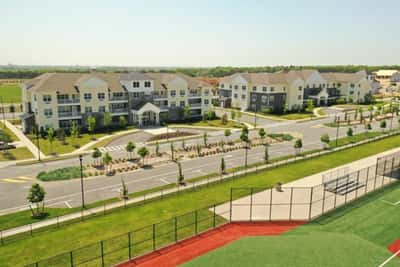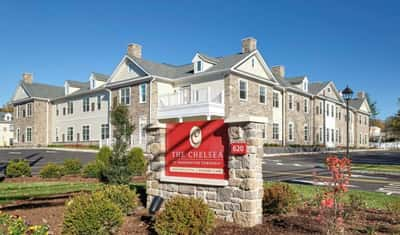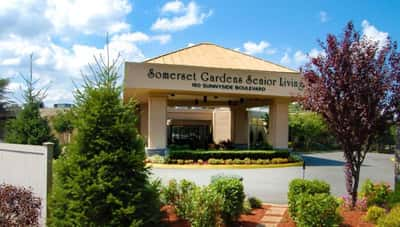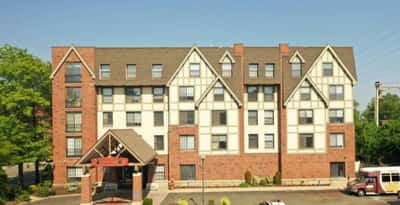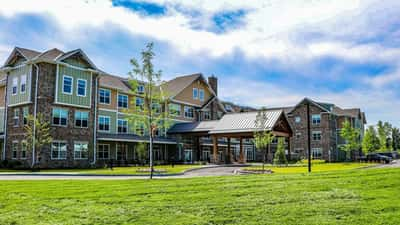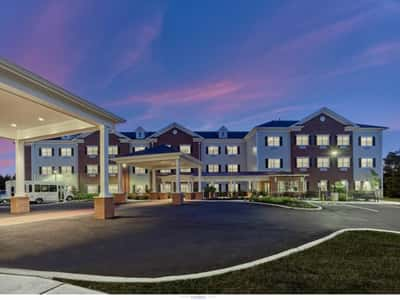The Chelsea at New City
The Chelsea at New City is an Assisted Living Home in New York State
The Chelsea at New… is an Assisted Living Home in New York State
The Chelsea at New City
The Chelsea at New City is an Assisted Living Home in New York State
The Chelsea at New… is an Assisted Living Home in New York State
Residing in Rockland County, NY, The Chelsea at New City is an embracing senior living community that offers independent living, assisted living, memory care, and short stays services. Aside from its vibrant environment, residents are well taken care of through its diversified amenities and services from spacious accommodations to medical care and social engagements. The community goes above and beyond through its dynamic offerings and assistance rendered.
The community is dedicated to delivering a set of social activities that are worth the time and effort as well as personal care with innovation-driven methods to guarantee an exceptional living experience. Enjoy the packed schedules and incomparable services that this beautiful community has to offer for both short-term and long-term living plans. At The Chelsea at New City, seniors can attain holistic care.
Capacity and availability
Medium-capacity home
Offers a balance of services and community atmosphere.
About this community
Additional licensing details
Ownership & operating entity
The Chelsea at New City is legally operated by CSH New City Operator, Inc..
What does this home offer?
Pets Allowed: Yes, Pets Allowed
Housing Options: Studio / Suite / 1 Bed / 2 Bed
Building Type: 3-story
Transportation Services
Fitness and Recreation
Types of Care at The Chelsea at New City
Type of Rooms Available
Inspection History
In New York, the Department of Health, Office of Aging and Long Term Care performs unannounced onsite inspections to monitor compliance with state and federal healthcare regulations.
3 inspections
2 with violations, 1 without violations
2 complaint-related visits
New York average: 9 inspections, 11 complaint-related visits
11 violations
Violations indicate regulatory issues. A higher number implies the facility had several areas requiring improvement.
New York average: 12 violations
0 enforcement actions
Penalties or interventions imposed by state regulators when facilities do not comply with quality, safety or regulatory standards.
Comparison Chart
The information below is reported by the New York State Department of Health.Assisted Living For seniors needing help with daily tasks but not full-time nursing.
Independent Living For self-sufficient seniors seeking community and minimal assistance.
Memory Care Specialized care for those with Memory Loss, Alzheimer's, or dementia, ensuring safety and support.
Nursing Homes 24/7 care needed
Assisted Living For seniors needing help with daily tasks but not full-time nursing.
Memory Care Specialized care for those with Memory Loss, Alzheimer's, or dementia, ensuring safety and support.
Assisted Living For seniors needing help with daily tasks but not full-time nursing.
Independent Living For self-sufficient seniors seeking community and minimal assistance.
Memory Care Specialized care for those with Memory Loss, Alzheimer's, or dementia, ensuring safety and support.
Nursing Homes 24/7 care needed
The Chelsea at New City Virtual Tour
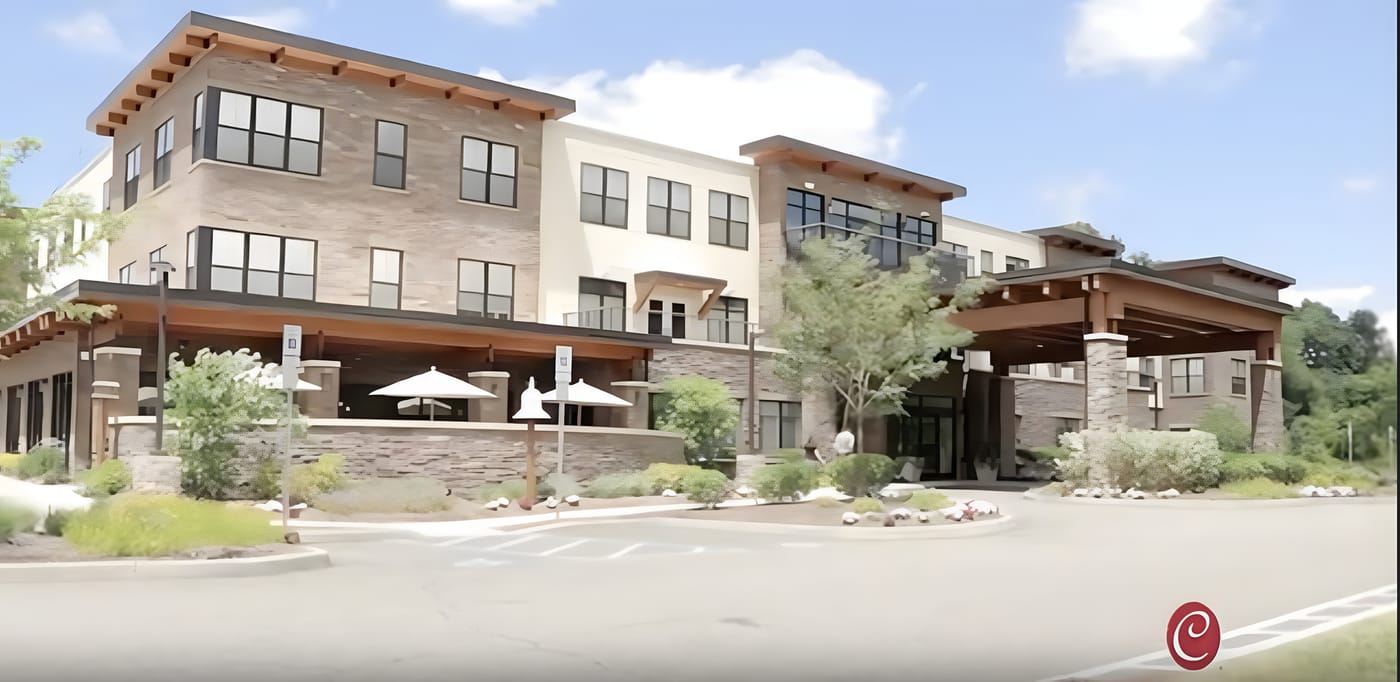
Places of interest near The Chelsea at New City
1 mile from city center
269 N Main St, New City, NY 10956
Calculate Travel Distance to The Chelsea at New City
Add your location
Guides for Better Senior Living
Care Cost Calculator: See Prices in Your Area
Nursing Home Data Explorer
Don’t Wait Too Long: 7 Red Flag Signs Your Parent Needs Assisted Living Now
The True Cost of Assisted Living in 2025 – And How Families Are Paying For It
Understanding Senior Living Costs: Pricing Models, Discounts & Financial Assistance
Claim What’s Yours: Financial Aid for New York Seniors
- General: Age 65+ or disabled, New York resident, Medicaid- eligible, care need (not necessarily nursing home level).
- Income Limits (2025): ~$2,829/month (300% FBR, individual).
- Asset Limits: $30,182 (individual, higher due to NY Medicaid expansion).
- NY Specifics: Higher asset limit; urban density increases demand.
- Services: Personal care (5-7 hours/day), respite care (240 hours/year), home modifications ($1,500 avg.), assistive technology ($500 avg.).
- General: Age 60+, New York resident, at risk of decline but not nursing home level.
- Income Limits: ~$2,500/month (individual, varies).
- Asset Limits: $15,000 (individual).
- NY Specifics: Cost-sharing required above certain income; urban/rural balance.
- Services: In-home care (3-5 hours/week), respite (up to 10 days/year), case management, transportation (~5 trips/month).
- General: Age 62+, NYC resident, live in rent-controlled/stabilized apartment, spend >1/3 of income on rent.
- Income Limits (2025): $50,000/year (household).
- Asset Limits: No strict asset cap, but income-focused eligibility.
- NY Specifics: Limited to NYC’s rent-regulated units; high demand in urban areas.
- Services: Rent freeze (e.g., covers increases of $50-$200+/month); tax credit for landlord.
- General: Age 65+, NYC resident, own and live in a 1-3 family home, co-op, or condo.
- Income Limits (2025): $58,399/year (household).
- Asset Limits: No strict asset cap, income-driven eligibility.
- NY Specifics: Applies only in NYC; excludes large apartment buildings.
- Services: Property tax reduction (5-50%, e.g., $500-$5,000/year based on income and property value).
- General: One participant must be 60+ (host or guest), NYC resident, able to share living space.
- Income Limits: No strict limit, but targets those needing cost relief.
- Asset Limits: Not applicable; focus on housing need.
- NY Specifics: Primarily NYC-focused; limited slots due to demand.
- Services: Shared housing (reduces rent/living costs by 30-50%, e.g., $500-$1,000/month savings); optional light assistance between housemates.
Your Senior Care Partner, Every Step of the Way
We help families find affordable senior communities and unlock same day discounts, Medicaid, and Medicare options tailored to your needs.
Contact us Today
More homes from the same owner
Touring Checklist for Senior Living
Touring a community? Use this expert-backed checklist to stay organized, ask the right questions, and find the perfect fit.
Location
Community Spaces and Overall Environment
Services
Staffing
Accommodations
Finances
Other Notes
Send Checklist to Your Email
We'll send you a PDF version of the touring checklist.

